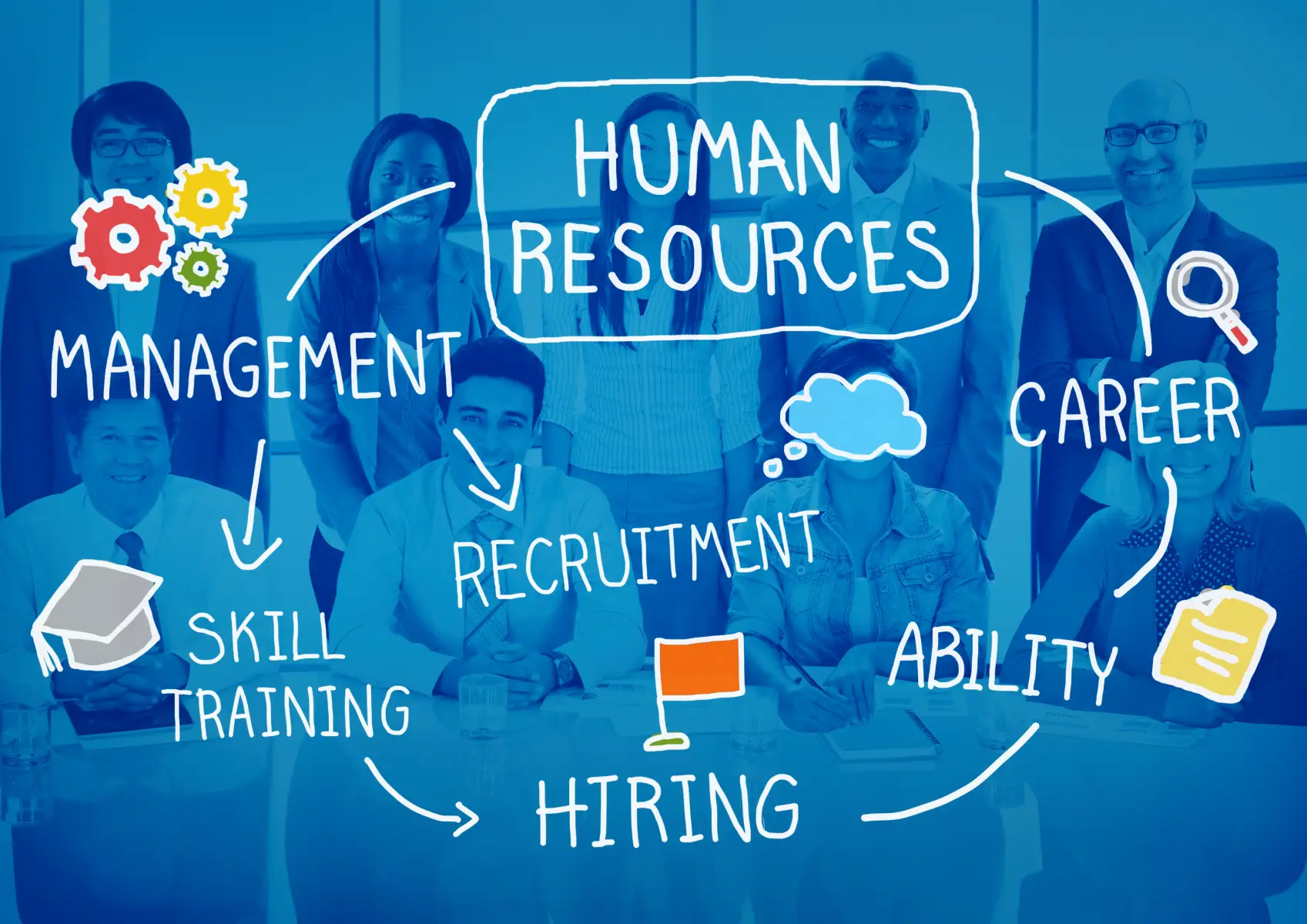For senior business professionals, one of the most critical skills to master is strategic thinking. Today’s global business environment is marked by rapid change, increased competition, and unpredictable market trends. Senior leaders need to make high-stakes decisions regularly, and their ability to do so can significantly impact the success of their organizations. Strategic thinking helps leaders go beyond reactive decision-making, enabling them to anticipate changes, identify opportunities, and craft innovative strategies that ensure long-term growth.
This comprehensive guide explores how senior professionals can sharpen their strategic thinking skills to improve decision-making and create innovative business strategies that drive results.
What is Strategic Thinking?
Strategic thinking is the ability to analyse complex situations, anticipate future trends, and develop a clear vision for achieving long-term goals. Unlike tactical thinking, which focuses on short-term tasks and immediate solutions, strategic thinking takes a broader view, considering the bigger picture and how current decisions will shape the future.
Key characteristics of strategic thinkers include:
- Forward-thinking: Anticipating potential outcomes and proactively planning ahead.
- Problem-solving focus: Addressing challenges with innovative, long-term solutions.
- Big-picture perspective: Aligning decisions with the organization’s overarching goals and values.
- Adaptability: Adjusting strategies when circumstances or market dynamics change.
Senior professionals who develop strategic thinking skills are better equipped to make confident, informed decisions, manage risks, and create sustainable growth strategies for their organizations.
The Importance of Strategic Thinking for Senior Professionals
Why is strategic thinking critical for senior business professionals? Whether you’re a CEO, a director, or a senior manager, your role often involves leading teams, driving innovation, and ensuring long-term organizational success. Here are the key reasons why strategic thinking matters:
1. Sharper Decision-Making
Strategic thinking enables senior professionals to analyse market opportunities and risks thoroughly. By considering internal and external factors, leaders can make informed decisions rather than relying on gut feelings or snap judgments.
2. Proactive Approach to Challenges
In rapidly changing industries, senior professionals benefit from the ability to predict potential obstacles and prepare ahead. Strategic thinking allows leaders to solve problems before they escalate.
3. Driving Long-Term Success
Short-term wins are valuable, but the true mark of effective leadership is the ability to sustain success over the long haul. Strategic planning ensures that today’s decisions align with tomorrow’s goals.
4. Competitive Advantage
Organizations led by strategic thinkers are better positioned to outmanoeuvre competitors. Senior leaders with a strategic mindset can identify unique opportunities and create value where others may not.
By fostering strategic thinking, leaders ensure both personal career growth and organizational resilience.
Common Obstacles to Strategic Thinking
Despite its importance, developing strategic thinking skills often comes with challenges. Senior business professionals may face these common obstacles:
- Time Pressure: High workloads and daily operational demands leave little time for long-term planning and reflection.
- Paralysis by Analysis: Overwhelmed by options and data, some leaders struggle to make clear, timely decisions.
- Resistance to Change: Leaders may prefer sticking to familiar processes, even when the business landscape is evolving.
- Lack of Tools or Training: Without structured frameworks, it can be difficult to develop strategic insights or innovative methods.
Recognizing these challenges is the first step to overcoming them and intentionally building strategic thinking abilities.
How to Sharpen Strategic Thinking Skills
Senior professionals can actively cultivate strategic thinking. Below is a structured guide for enhancing your ability to make informed decisions and create innovative business strategies:
1. Develop a Forward-Thinking Mindset
Strategic thinking requires focusing beyond immediate concerns. Train yourself to anticipate future challenges and opportunities by asking:
- What trends are shaping my industry?
- How will these trends impact my business in five years?
- What investments today will position my organization for long-term growth?
Actionable Tip: Dedicate regular time for strategic planning sessions. Block out time in your schedule to focus on forecasting market changes, reviewing internal goals, and brainstorming innovative solutions.
2. Strengthen Decision-Making Frameworks
Decision-making is at the heart of strategic thinking. To make more effective choices:
- Gather the Right Data: Rely on detailed, accurate market research and financial analysis to inform your decisions.
- Weigh Risks vs. Rewards: Perform risk assessments to understand the impact of various scenarios.
- Evaluate Options Holistically: Assess how decisions influence different parts of the organization, not just isolated departments.
Framework Tip: Use trusted decision-making tools such as SWOT analysis (Strengths, Weaknesses, Opportunities, Threats) or scenario planning to organize your thoughts and explore all potential outcomes.
3. Build Cross-Functional Understanding
Senior professionals must think beyond functional silos and broaden their understanding across different areas of the business. A more inclusive understanding fosters better alignment with organizational goals.
How to Build Cross-Functional Skills:
- Develop relationships with heads of finance, marketing, operations, and HR to understand how decisions impact their areas.
- Explore case studies of how cross-departmental collaboration has driven business success in other organizations.
- Attend workshops or leadership training opportunities focused on strategic alignment.
This holistic perspective strengthens your decision-making while fostering collaboration.
4. Cultivate Creativity and Innovation
Strategic thinking requires leaders to go beyond traditional solutions. It’s about unlocking creativity to develop innovative strategies that meet today’s challenges with fresh approaches.
Ways to Enhance Creativity:
- Encourage open brainstorming sessions with your teams.
- Study market innovators and disruptive companies within your industry for inspiration.
- Empower employees to propose bold, out-of-the-box ideas without fear of judgment.
Promoting innovation is essential for leaders aiming to stay competitive in a rapidly changing business environment.
5. Leverage Key Metrics for Strategic Decisions
Strategic decision-making is as much about numbers as it is about vision. Senior professionals should identify and track key performance indicators (KPIs) that directly tie to their long-term objectives.
Examples of relevant KPIs: Market share, customer retention rate, operating profit margin, and employee engagement scores.
Why it helps: Data-driven insights ensure that leaders can assess whether their strategies are successful or need adjustment. Regularly reviewing metrics also keeps strategic goals on track.
6. Strengthen Adaptability to Change
Even the most well-thought-out strategies require recalibration in the face of unforeseen challenges. Adaptability is a hallmark of strategic thinking.
How to Build Adaptability:
- Regularly evaluate the effectiveness of current strategies.
- Remain open to shifting priorities based on new market insights or organizational needs.
- Train yourself and your team to embrace change as an opportunity rather than a threat.
Senior leaders who prioritize adaptability position their organizations to thrive in rapidly evolving industries.
7. Tap Into Leadership Coaching and Mentorship
Sometimes, navigating the complexities of senior leadership benefits from an external perspective. Seeking mentorship or engaging a strategic leadership coach can offer tailored guidance on refining your skills.
Benefits of Coaching:
- Helps identify areas for growth in decision-making.
- Provides accountability for implementing strategic initiatives.
- Offers a sounding board for discussing long-term objectives with an unbiased perspective.
Coaching accelerates professional development and ensures alignment with organizational expectations.
8. Empower Your Teams to Think Strategically
Fostering strategic thinking isn’t just a personal endeavour—it’s something senior professionals should encourage within their teams. When employees across all levels take a strategic approach to their roles, the organization benefits from faster decision-making and greater innovation.
Ways to Promote Team Strategic Thinking:
- Share organizational objectives transparently so employees understand how their roles contribute to overall goals.
- Involve team members in high-level brainstorming and planning sessions.
- Provide employees with training in decision-making and strategic tools.
Building a culture of strategic thinking encourages alignment and collaboration across the organization.
Examples of Strategic Decision-Making in Action
Case Study 1: Navigating Industry Disruption
Consider a senior executive in the retail sector responding to the rise of e-commerce. Using strategic thinking, they analyse emerging consumer trends, implement online sales channels, and invest in digital marketing—enabling their company to stay competitive and even capture new market share.
Case Study 2: Proactive Risk Management
A financial services leader employs scenario planning to prepare for possible regulatory changes. By proactively identifying potential implications and crafting contingency plans, they reduce disruptions and improve stakeholder confidence.
These examples demonstrate the long-term impact of strategic thinking when applied to real-world business decisions.
The Benefits of Sharpening Strategic Thinking Skills
When senior professionals actively refine their strategic thinking capabilities, the results can be transformative. Key benefits include:
- Improved Business Agility: Organizations led by strategic thinkers respond quickly and effectively to market shifts.
- Stronger Leadership Confidence: With a solid framework for decision-making, senior leaders achieve faster, more precise outcomes.
- Organizational Growth: Strategic alignment between leadership, teams, and goals ensures the business consistently achieves milestones.
By adopting a forward-thinking mindset, senior executives position themselves and their organizations for sustained success.
Conclusion
Strategic thinking is one of the most critical skills senior business professionals can develop. By enhancing their decision-making abilities, building innovative strategies, and fostering a culture of creativity, leaders ensure they stay ahead of market demands while achieving long-term objectives. Sharpening these capabilities isn’t just about addressing current challenges—it’s about preparing for future opportunities.
Senior professionals who invest in developing strategic thinking can confidently navigate complex decisions, inspire teams, and lead organizations to unparalleled success in a competitive marketplace.
Call-to-Action
Ready to take your decision-making and strategic thinking skills to the next level? Explore advanced leadership training programs or executive coaching tailored to senior business professionals. Empower yourself to make smarter decisions and lead your organization into the future.






